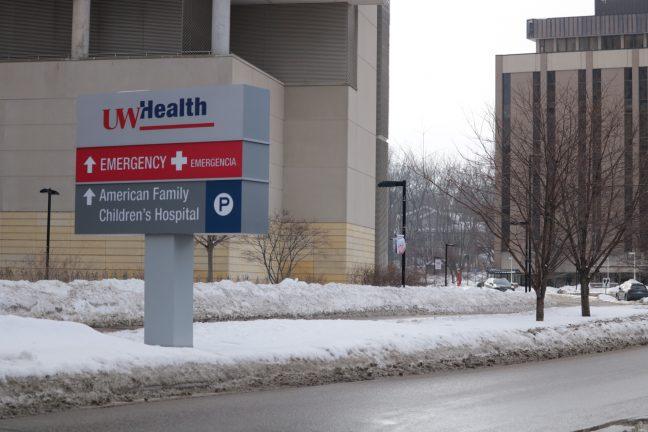The University of Wisconsin’s Global Health Institute hosted a talk titled “Advancing Global Health with AI” on March 19 as part of their Global Health Tuesday Webinar series. The event featured four distinguished UW faculty panelists who converged in a discussion about the impact of artificial intelligence on global healthcare, offering a glimpse into the future of medicine shaped by technological advances.
Panelist and director of the Global Health Program Jorge Osorio supported the discussion by exploring the practical application of AI in healthcare, which bridges theoretical potential with tangible benefits.
“AI is set to revolutionize healthcare by making diagnostics and treatment more accessible and efficient,” Osorio said.
Sustainability Research Hub will bring together UW researchers to secure major grants
According to panelist and UW Electrical and Computer Engineering professor Rob Nowak, artificial intelligence is poised and prepared to offer significant assistance and support to medical professionals in their duties, ranging in application from disease diagnosis to drug discovery.
Nowak elaborated on the groundbreaking capability of AI to sift through and analyze vast amounts of patients’ medical histories. This process aids in predicting disease development and assessing medication efficacy, highlighting the crucial synergy between AI and human expertise in refining healthcare delivery.
“This collaborative approach enhances the precision and effectiveness of patient care,” Nowak said.
Panelist and UW Assistant Professor Juan Caicedo presented a compelling story illustrating AI’s life-saving role in cancer treatment. He shared the case of a patient with metastatic breast cancer who made a full recovery thanks to personalized immunotherapy guided by AI.
“This success story is a testament to the potential of personalized treatment in cancer care, made possible by AI’s ability to navigate the complexities of genetic data,” Caicedo said.
The panelists also addressed the advancements AI brings to healthcare efficiency and safety, particularly in medical imaging. AI can enhance the accuracy and speed of diagnostic imaging, representing a significant leap forward in reducing patient exposure to radiation and increasing the throughput of imaging procedures.
Despite the enthusiasm for AI’s capabilities, the forum did not shy away from discussing the challenges and ethical considerations inherent in integrating AI into healthcare practices.
“The integration of AI technologies in healthcare necessitates a careful balance between innovation and the ethical implications of these advancements,” Nowak said.
The importance of collaboration between AI technologists and healthcare professionals to ensure the deployment of AI in medicine advances personalized medicine while adhering to ethical standards, Nowak said.
This event from UW’s Global Health Institute highlighted the significant advancements being made at the crossroads of technology and healthcare. The discussions from the panelists presented a compelling vision for the future of medicine, where technology and healthcare unite to tackle some of the most urgent health challenges.












